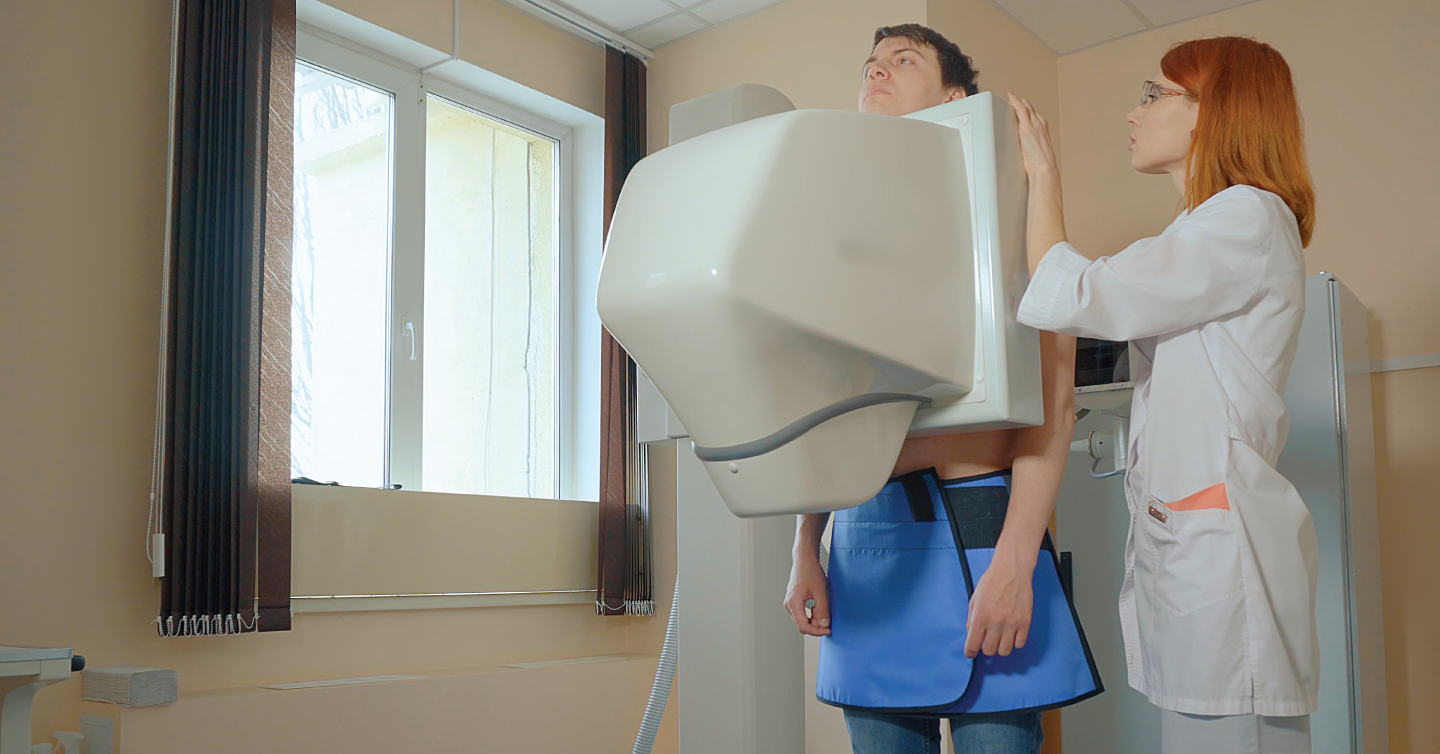Have a Colonoscopy Coming Up? Here’s How to Prepare

Common Bowel Preparations for Colonoscopy
By Hue Xiong, Doctor of Pharmacy candidate 2022 at the Medical College of Wisconsin
3/10/2022
March is Colorectal Cancer Awareness Month. According to the Centers for Disease Control and Prevention (CDC), colorectal cancer is the fourth most common cancer in America. To help prevent and screen for colorectal cancer, a common procedure that is done is a colonoscopy, a procedure that examines the rectum, colon and a portion of the ileum for signs of cancer or precancer.
Experts at the U.S Preventive Services Task Forces recommend that adults ages 45 to 75 should be screened for colorectal cancer. For those who are at an increased risk (for example, those with inflammatory bowel disease or a family history of colorectal cancers) of getting colorectal cancer, that screening should be done earlier and your personal doctor may recommend more frequent screenings.
A successful colonoscopy requires preparation to help the doctors see the colon. This article will help break down the common bowel preparations used today, which may help you discuss options with your doctor.
Preparation for your colonoscopy
Your personal doctor will advise you on specifics, but advice for pre-colonoscopy generally includes the following.
The day before your colonoscopy, you should only consume liquids like water, clear broth and coffee or tea without milk.
Be sure to follow whatever dietary and fasting guidelines your personal doctor requires. If you are on prescription medications, continue them unless advised to stop the regimen in preparation by a personal doctor (If you take medication for diabetes, for instance, your personal doctor may advise you to hold off on the day prior due to the low food intake before the procedure).
Timing of preparation for your colonoscopy
Depending on your procedure, the time recommended for preparation may vary. During a morning colonoscopy (before noon), a bowel preparation dose is given in split-dose, meaning administration of half of the colon cleansing agent the day before the colonoscopy and then the second half the morning (at least 5 hours before) of the colonoscopy.
If your procedure is in the afternoon, your personal doctor is likely to recommend either a single dose (taking the full colon cleansing agent the morning before the procedure) or a split dose. Splitting the dose of colon preparation can help improve the efficacy and your tolerance to the pre-exam cleansing medication.
Common medications used in colonoscopy preparation
Laxatives are the most common medication you will be prescribed by your doctor prior to your colonoscopy. Among them, polyethylene glycol electrolyte (PEG-3350) sodium picosulfate, magnesium oxide, citric acid, magnesium citrate, and bisacodyl are commonly prescribed or recommended to stimulate bowel movements prior to the screening.
If you are reluctant to take a certain bowel preparation simply based on the volume of liquid you are expected to drink, it would be important to ask your doctor for an approach that doesn’t include drinking 4 liters of solution, whether it is in split doses or not. Your doctor may also order a certain formula based on any history of renal disease, liver disease, heart failure or electrolyte imbalances.
Price can vary for different bowel prep options, which can also be a factor for some people. The “high volume” prep options with brand names Golytely and Colyte, Nulytely, or Trilyte come in generic versions that are more cost-effective (generally priced around $12.00).
There are multiple “low volume” options your provider could recommend, with some requiring a prescription while other items in the prep might be purchased over the counter. These can vary in prices, and it is recommended that you ask your pharmacist if there is a drug coupon offered by the drug manufacturer that will help reduce the cost of the item, as an alternative to processing the item through your insurance coverage.
Some of these types of lower volume bowel preparation include MoviPrep, Plenvu, Suprep, Clenpiq, Osmoprep, magnesium citrate, GlycoLax and Miralax. Be sure to follow whatever bowel preparation guidelines your personal doctor requires.
Finding the right bowel prep that works for you will likely increase your willingness to follow through with getting a colonoscopy done as often as you should, and it will increase the chances that your bowel is well visualized during the procedure which leads to better overall health for you.
Don’t wait on a colonoscopy or colorectal screening
While the amount of preparation that goes into something like a colorectal screening, and specifically a colonoscopy, may seem intimidating, these screenings are crucial and can be lifesaving.
If you’re looking for more information on how your Wisconsin-based health plan can help you prepare for important screenings and preventative care, contact us today.



